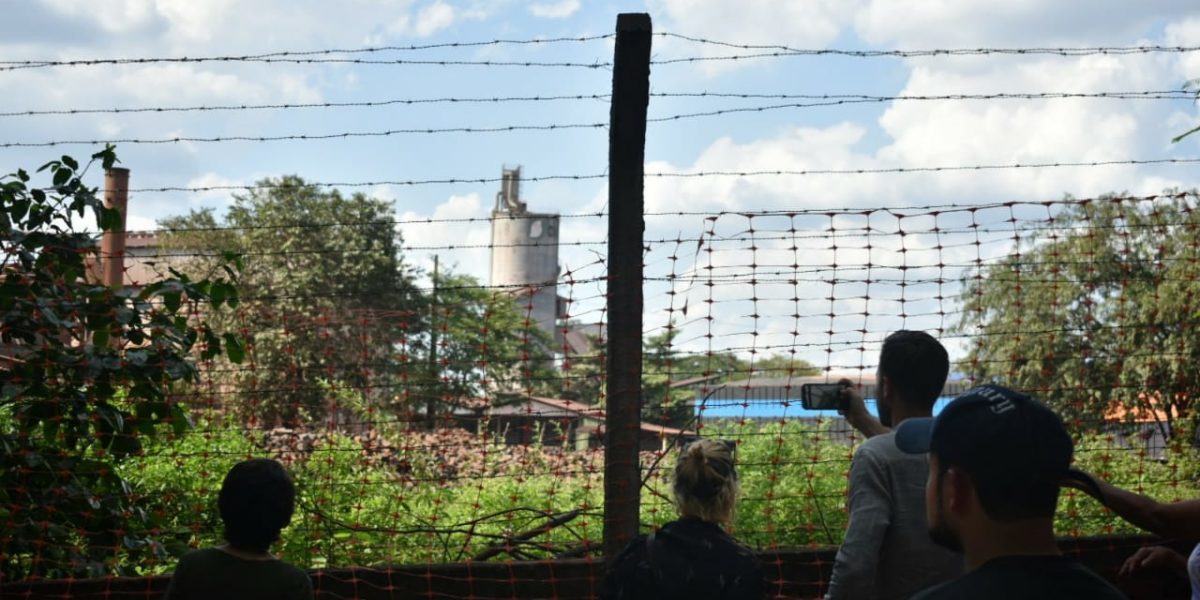In Piquiá, Brazil inhabitants have faced disastrous health impacts caused by environmental and noise pollution emitted by the mining and steel industry. Although the situation has been denounced for years, it remains unpunished. Affected communities seek reparations for damages and the compliment with environmental legislation from Vale, Viena Siderúrgica, Gusa Nordeste, Aço Verde Brasil and Cimento Verde Brasil (the last three being part of Grupo Ferroeste).
On December 7-9, United Nations Special Rapporteur on Human Rights Hazardous Substances and Wastes, Baskut Tuncak, conducted a field visit Piquiá, and in following days will question the state and federal authorities about the case. The Special Rapporteur is in a position to alert UN bodies about the violations found in the community of Piquiá, and formulate recommendations.
Facing national indifference, civil society is counting on the Rapporteur to place pressure on the Brazilian authorities to reinforce and effectively implement existing environmental legislation. The Treaty on business and human rights under negotiation at the UNHRC would be a powerful tool to support the rapporteur and effected communities in their claims for justice.

